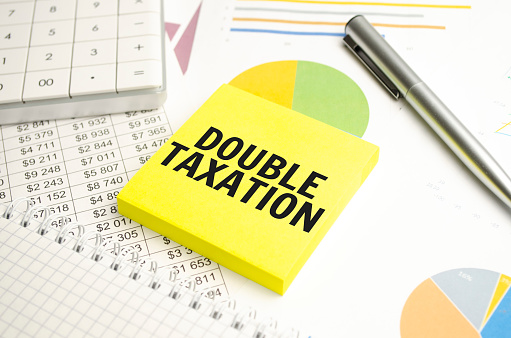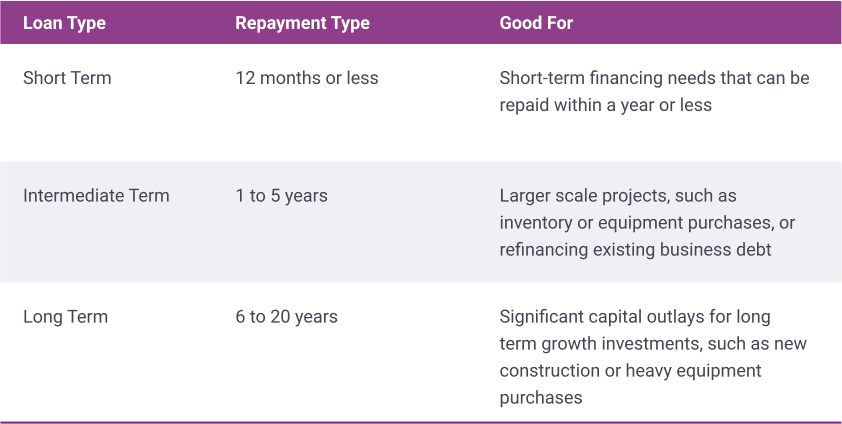What Double Taxation Is and How It Works
Have you ever heard the term “double taxation” and wondered what it meant? Or perhaps more importantly, why it matters to you? Double taxation affects every taxpayer in some shape or form so understanding the basics is essential for your financial health. This post will explain exactly what double taxation is, provide examples of how it operates across various industries, and discuss why investors should be aware of its implications. Ready to get started learning all about double taxation? Keep reading!
What is double taxation?
Double taxation is the taxing of income twice. It can occur when income is taxed at corporate and individual levels. Businesses and individuals may be liable to pay taxes based on their income more than once, leading to higher overall tax liabilities. Double taxation can also occur in investments when dividends are taxed at the corporate level and then again on the individual’s return.
What are the main reasons it happens?
The main reason double taxation occurs is the fact that corporations and individuals are taxed at different rates. Corporations are typically taxed at higher rates than individuals, so attempting to balance those two levels of taxation can lead to double taxes being imposed. Double taxation can also occur when income is earned in one state but then taxed in another state or country due to differences in tax laws or regulations.
-
- How does double taxation work?
Double taxation typically operates within a progressive tax system, meaning that as your income increases, so does your rate of taxation. Depending on the country or state you live in, this could mean different rates for different ranges of incomes or brackets – but it all boils down to how much money you make being taxed at a higher rate than lower incomes.
-
-
- Examples of Double Taxation:
-
For example, if you make $50,000 as an individual and are subject to double taxation (both on the corporate side and your return), you may have to pay a 15% tax rate on the first $20,000 of income and then 25% on the remaining $30,000. This means that instead of paying just one 15% tax rate like someone with a single income stream would normally be liable for, you’re now having to pay two different rates, which is why it’s considered “double taxation”.
-
- What Are the Different Types of Taxes That Can Lead to Double Taxation?

Double taxation can occur in various forms, from income and property taxes to sales and capital gains. In most cases, double taxation results from a progressive tax system with different tiers based on how much you make or own. For instance, if you invest in stocks and bonds, they are subject to both dividends taxes (at the corporate level) and individual capital gains taxes when you sell them for a profit.
-
- Why Should Investors Be Aware of Double Taxation?
Investors need to be aware of double taxation because it affects their overall investment returns. By understanding how it works and its impact on their portfolio, investors can make more informed decisions about where to invest and minimize their overall tax liabilities. Additionally, by understanding the different types of taxes that may be subject to double taxation, investors can plan ahead and strategically structure their investments to take advantage of beneficial tax treatments.
-
- How to Avoid or Reduce the Impact of Double Taxation?
One of the best ways to reduce or avoid double taxation is to be aware of the different types of taxes that may apply and what kinds of investments are subject to them. Additionally, taking advantage of tax-advantaged accounts like IRAs or 401(k)s can help you defer some of your taxes later when you may be in a lower tax bracket.
When investing in stocks or bonds, it’s important to research which offers the most favourable tax treatments. Consulting with an experienced financial planner or accountant can help minimize your overall tax liabilities and maximize your returns on investment.
-
- Benefits and Drawbacks of Double Taxation:
- Benefits:
- Benefits and Drawbacks of Double Taxation:
- Double taxation can provide governments with a more reliable and consistent income stream
- to tax corporations and individuals.
- This helps create a more stable fiscal environment
- it facilitates investments in infrastructure or other public projects that could benefit the country.
-
- Drawbacks:
-
- Double taxation can be burdensome for taxpayers who end up paying higher rates than necessary.
- It may lead to decreased foreign investment as investors look for countries where taxes are lower overall.
- This could reduce economic growth and development in certain regions or countries.
Double taxation is an important concept that all investors should understand to make informed decisions about their investments. By being aware of double taxation, investors can minimize their tax liabilities and maximize their returns on investment.
-
- Conclusion:
Double taxation is important for investors to understand to ensure that their investments are taxed properly and efficiently. By understanding the different types of taxes that may be subject to double taxation, investors can plan and make more informed decisions about where to invest for optimal returns. Additionally, taking advantage of tax-advantaged accounts like IRAs or 401(k)s can help defer some of your taxes later when you may be in a lower tax bracket.
-
- FAQs:
- Q: How can I avoid double taxation?
- FAQs:
A: One of the best ways to reduce or avoid double taxation is to be aware of the different types of taxes that may apply and what kind of investments are subject to them. Additionally, taking advantage of tax-advantaged accounts like IRAs or 401(k)s can help defer some of your taxes later when you may be in a lower tax bracket.
-
-
- Q: What are the benefits of double taxation?
-
A: Double taxation can provide governments with a more reliable and consistent income stream as they can tax corporations and individuals. This helps create a more stable fiscal environment and facilitates investments in infrastructure or other public projects that could benefit the country.




